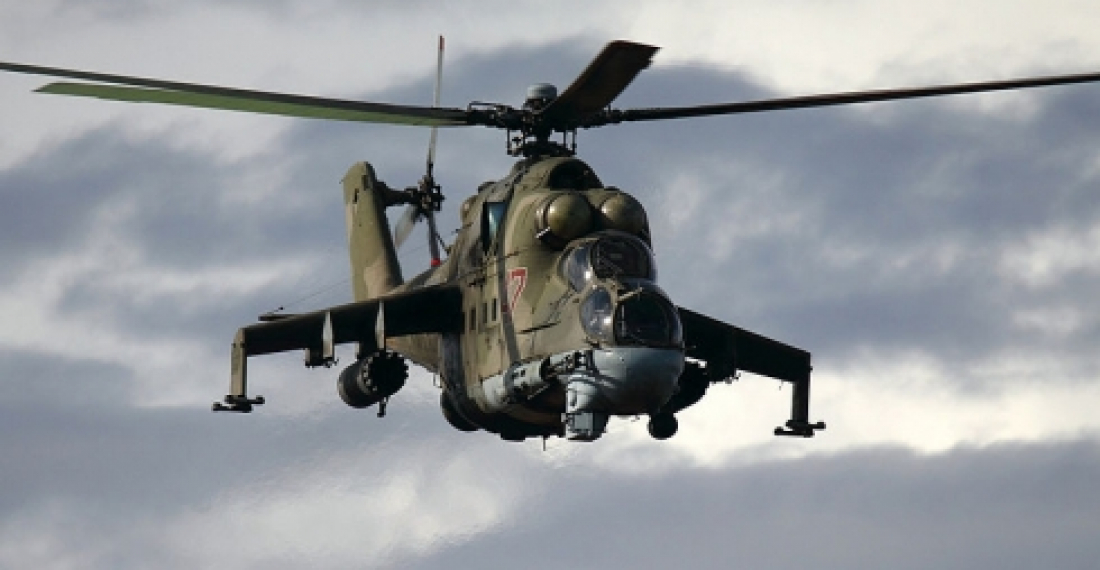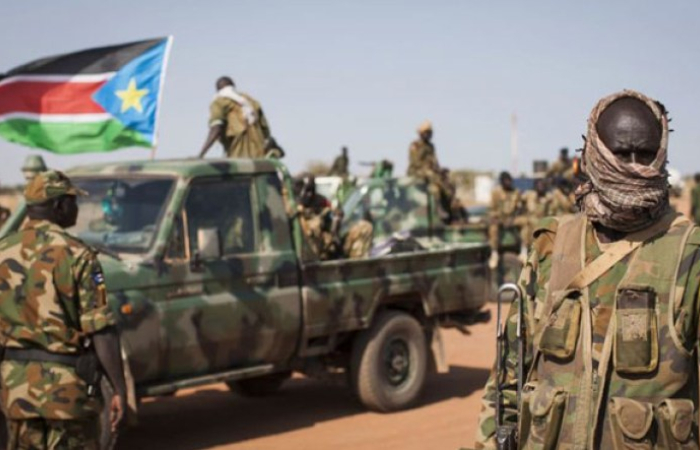Russia will soon deploy helicopter gun ships and attack and transport helicopters to the Erebuni Military base, near the Armenian Capital Yerevan. This was said in a statement issued by the Southern Military Command of the Russian Armed Forces.
The Air Group at Erebuni Base already has a squadron of MIG-29 fighters. The statement said that "Mi-24P, Mi-8MT and Mi-8SMV helicopters will be involved into the air group, which are expected to become operational in order to resolve a wide range of issues with the air support of the troops, and transportation of the Russian military base staff".
The statement of the Southern Military Command described the role of the air group as "fulfilling air defense battle tasks on behalf of joint CIS Air Defense System."
The Mi-24P is a large attack helicopter and helicopter gunship, whilst Mi-8MT and Mi 8SMV helicopters are mainly transport helicopters, which in some cases can also be adapted as helicopter gunships.
source: commonspace.eu
photo: Archive picture of the Mi-24P helicopter gunship soon to be deployed to the Russian Military base in Armenia.







